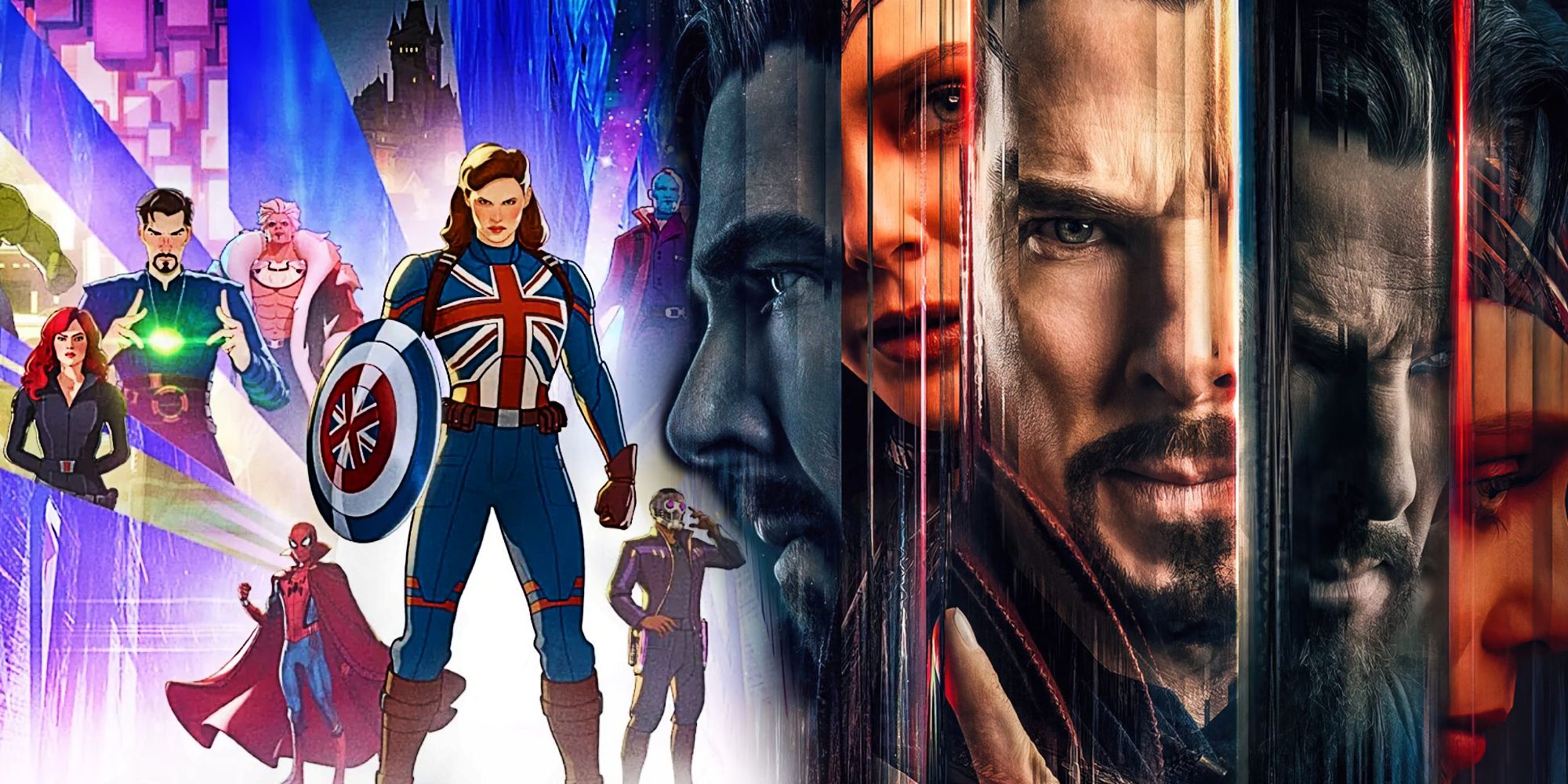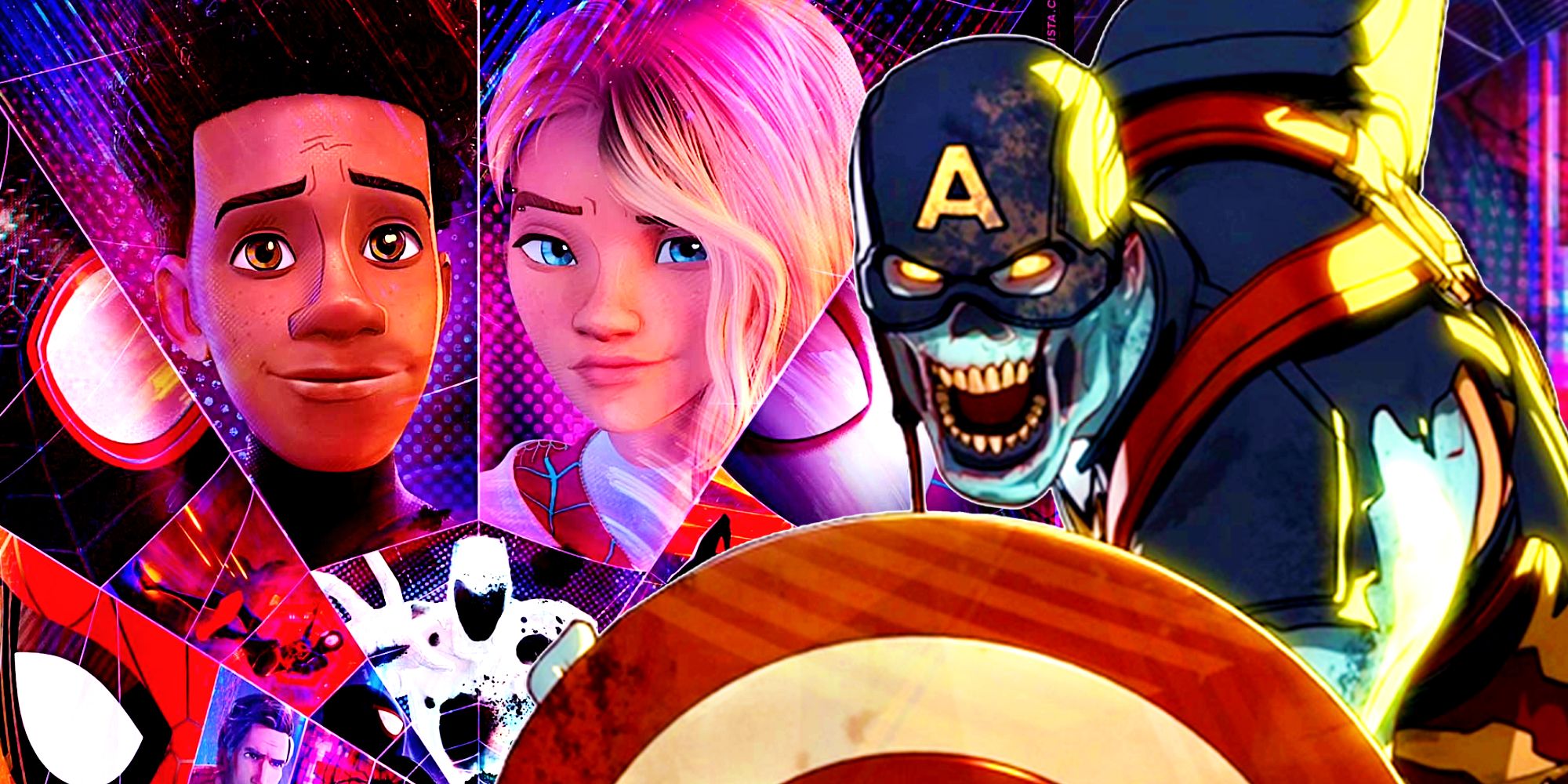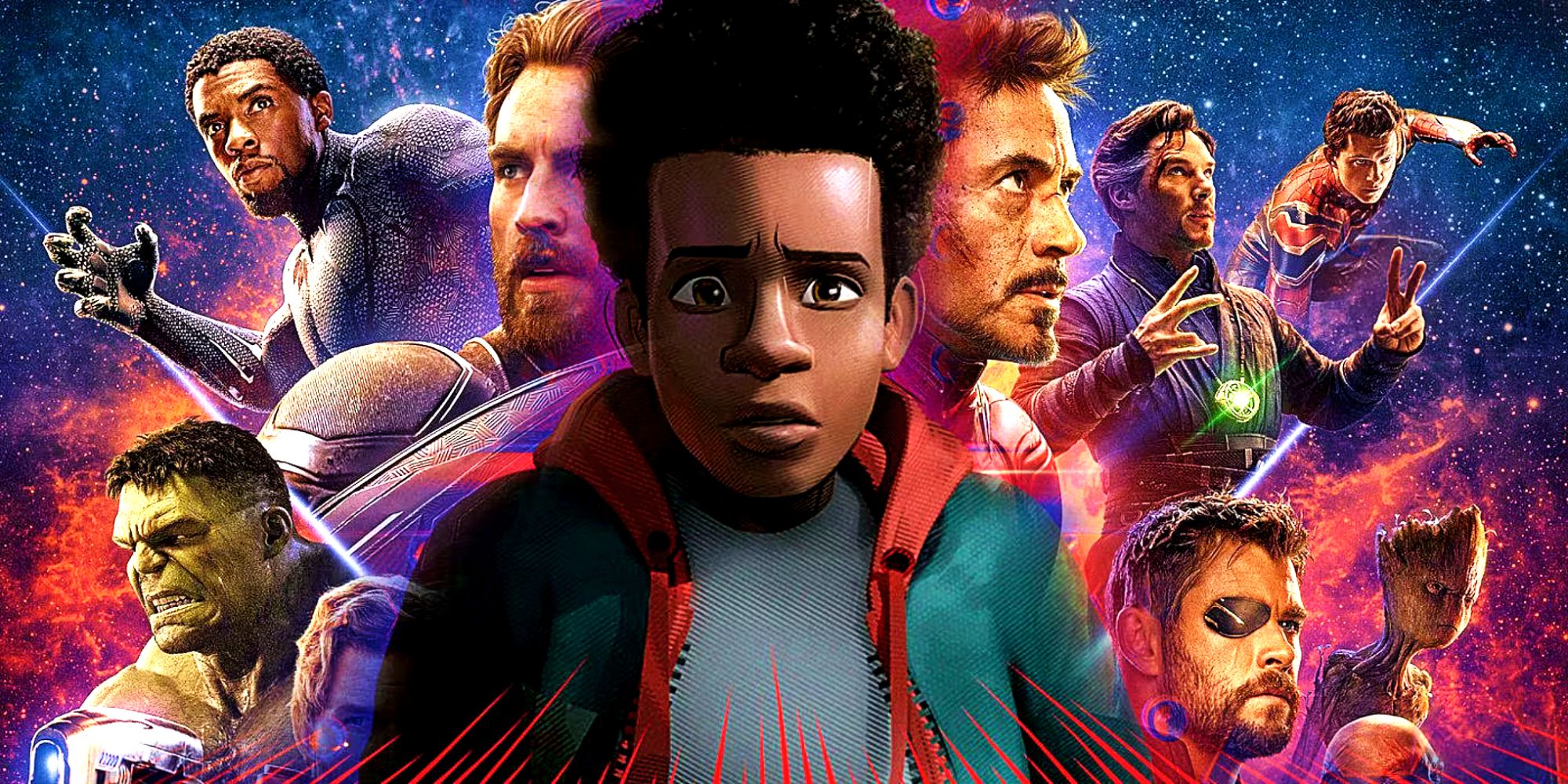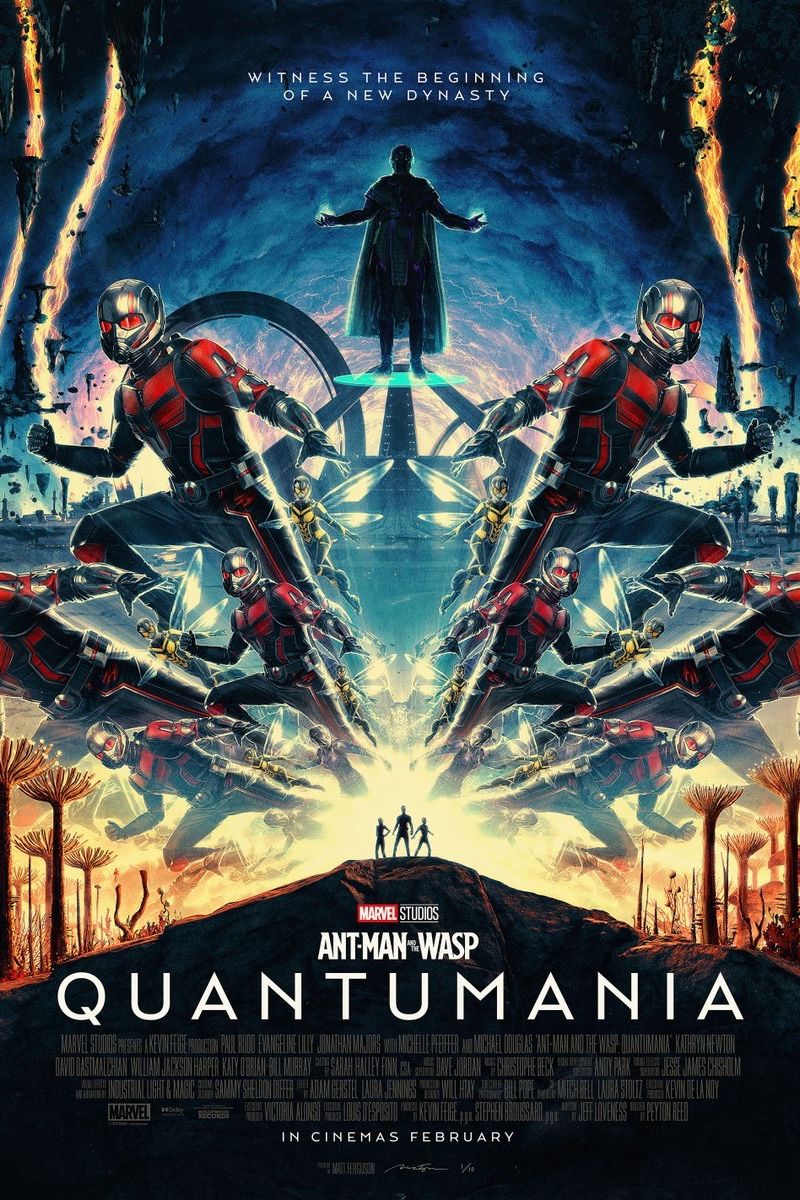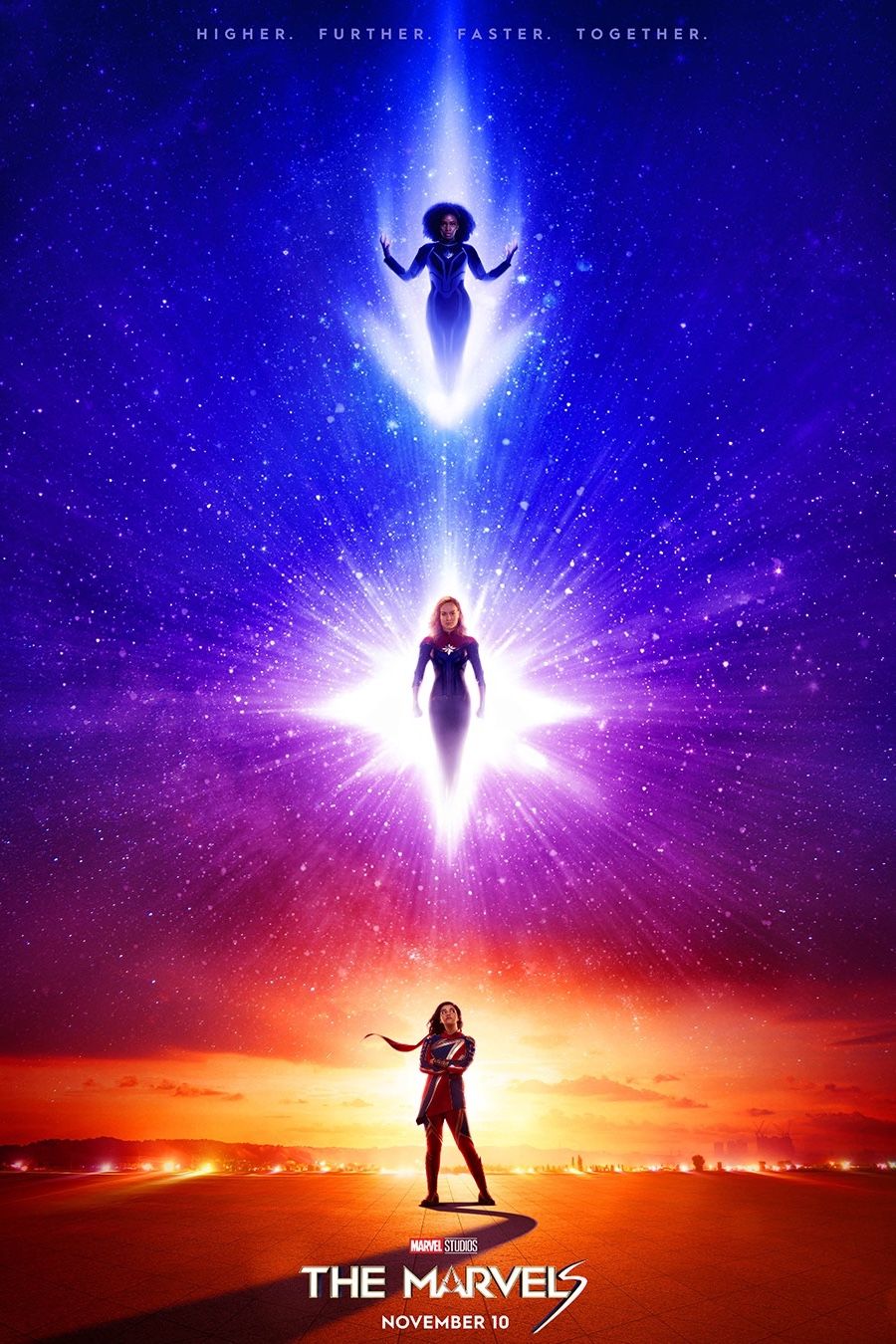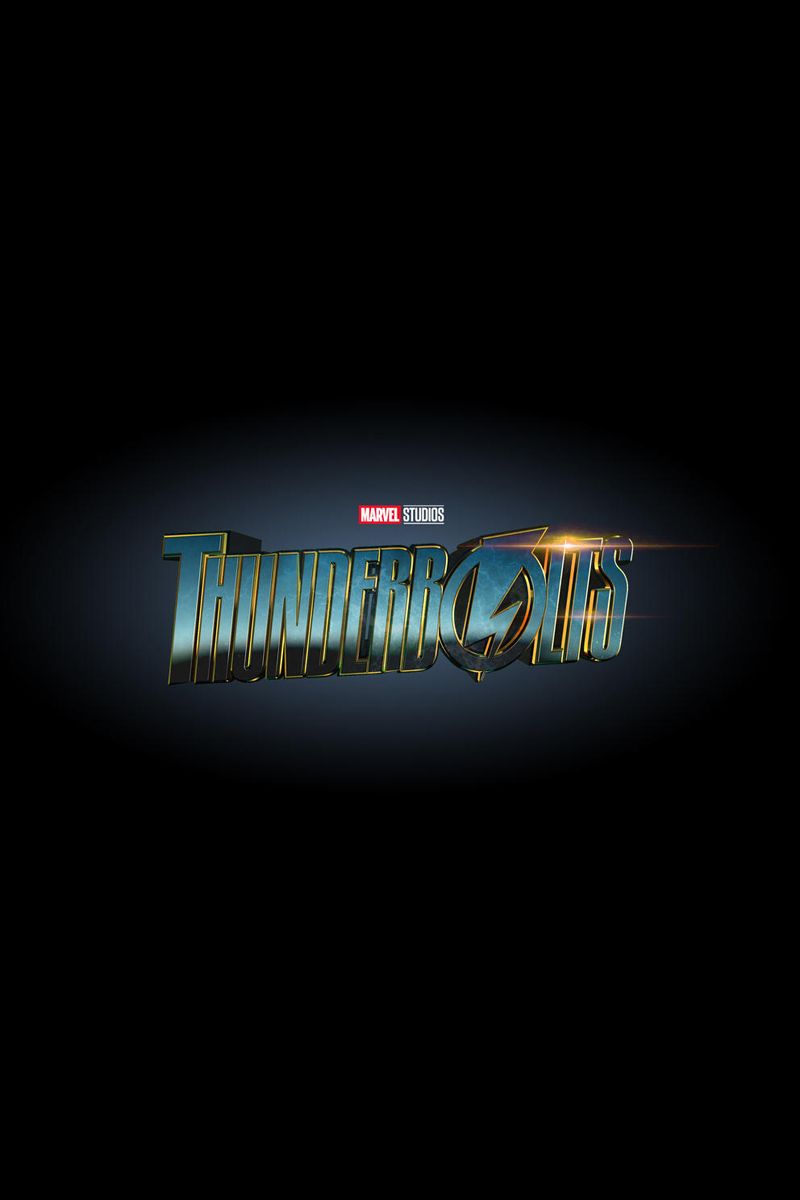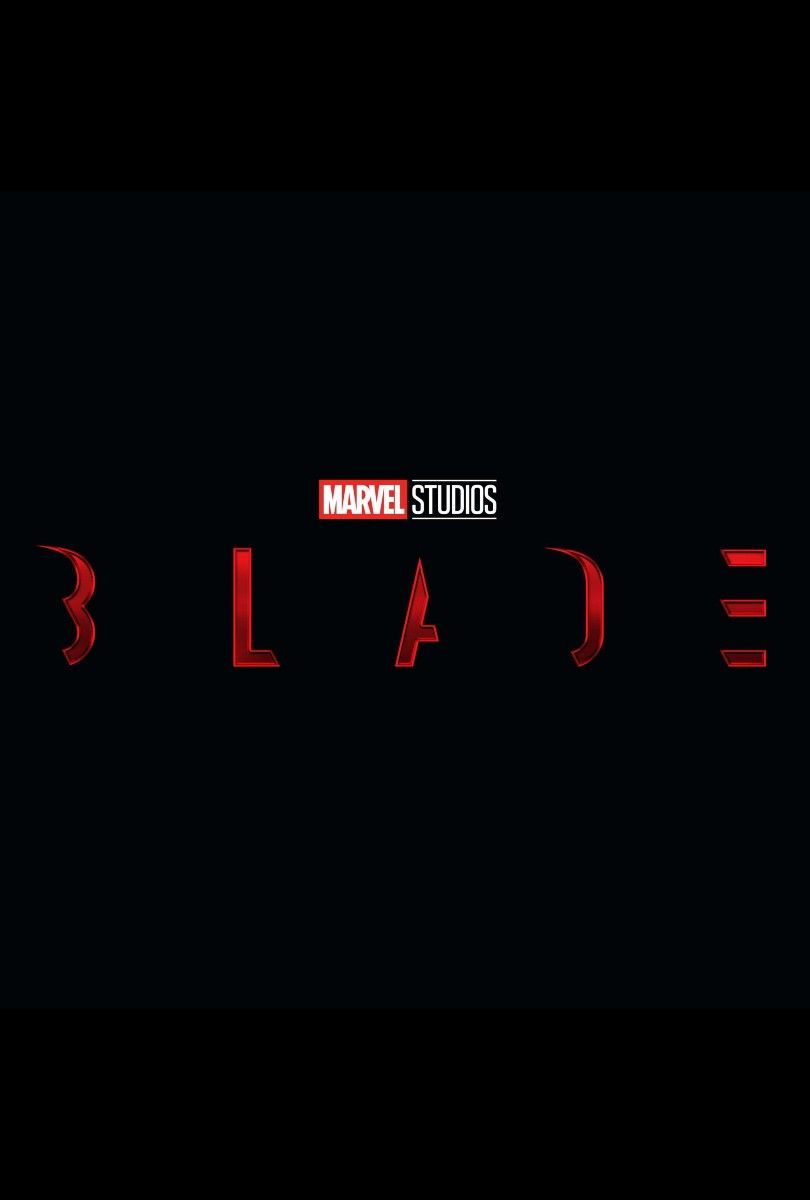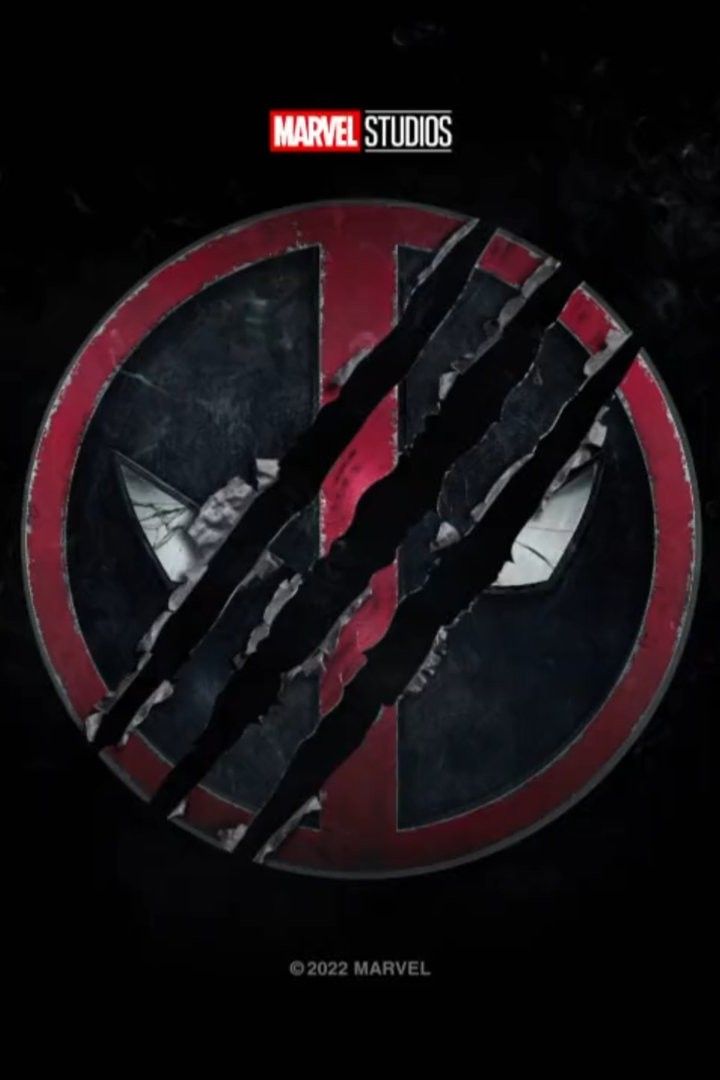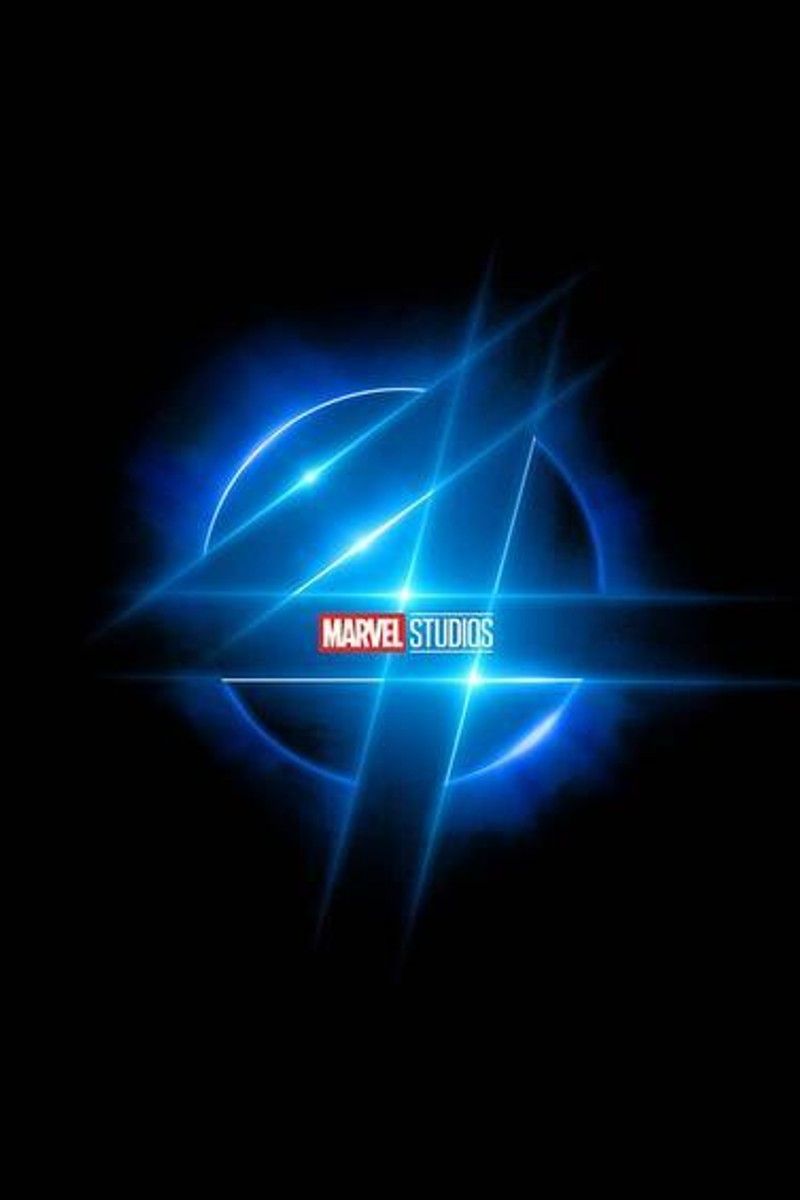Use of the Marvel multiverse in Spider-Man: Across The Spider-Verse puts the MCU's Phase 4 to shame. The idea of the multiverse is becoming increasingly popular across film and TV, with multiversal titles like Everything Everywhere All At Once, Rick & Morty, the Arrowverse, and the MCU making parallel universes one of the most prevalent tropes of the 2020s so far. Naturally, the MCU's expansive catalog of movies and shows raises expectations for its version of the multiverse, but that does not mean the MCU always comes out on top.
Marvel's comic book multiverse provides a rich source of material for movies and TV shows. In the comics, universes such as the Elizabethan Earth-311 and the grittier Ultimate universe stand out due to their clear-cut concepts, and epic multiverse events like Secret Wars affect most, if not all, realities at the same time. While the MCU Multiverse Saga aims to achieve a similar feat on the big screen, it seems Spider-Man: Across the Spider-Verse already beat it to the punch after just part one.
The MCU's Multiverse Has Been Disappointing So Far
Kicking off Phase 4's multiverse story after Avengers: Endgame introduced alternate timelines, Loki established the existence of one single Sacred Timeline overseen by the TVA and preceded by an ominous close call with Kang and his variants. Loki's hard sci-fi story culminated in the destruction of the Sacred Timeline, which teased an exciting cataclysm of multiversal proportions. However, the following MCU releases have failed to agree on how the multiverse works, and the overarching story of the Multiverse Saga is yet to be defined.
Marvel's What If...? introduced a variety of alternate universes and variants of popular MCU characters, but after Infinity Ultron's defeat, none of them have become relevant again. Spider-Man: No Way Home then teased the existence of countless live-action universes, but Doctor Strange in the Multiverse of Madness neglected to build upon that, instead focusing on Doctor Strange's fight with Wanda across the 616 and 838 universes. By the end of Phase 4, it seems every MCU release associated with the multiverse is pulling toward a different direction, which keeps the overall franchise stakes from rising.
Across The Spider-Verse's Multiverse Already Beats The MCU's
The original Spider-Man: Into the Spider-Verse established its characters and multiversal logic in record time, taking less than an hour to convey who Miles Morales is and why he comes across multiverse Spideys from different universes. Spider-Man: Into the Spider-Verse's self-contained nature allowed for focus on its emotional core, and the 2018 effort achieved this with outlandish characters like Spider-Ham, Peni Parker, and Spider-Man Noir. Consequently, Spider-Man: Across the Spider-Verse's narrative foundations are strong enough to justify the introduction of a huge number of Spider-Man variants without making the sequel too complicated. The tone is already set, and there is no need for conflicting explanations or entire phases of setup.
Meanwhile, the MCU has expanded its multiverse to two shows and two movies, with at least four more upcoming films set to develop different MCU multiverse variants and alternate realities in the near future, and yet its direction is still uncertain. Characters like What If...?'s Strange Supreme and Doctor Strange in the Multiverse of Madness' Sinister Strange are completely unrelated, while variants like Party Thor and Ultron survivor Black Widow offer little compared to their regular counterparts. Additionally, Phase 4 installments such as Black Widow and Eternals interfere with the natural flow of the MCU multiverse due to their placement in the Multiverse Saga's slate.
Spider-Verse Is The Bar MCU's Multiverse Needs To Beat
Sony's animated Spider-Verse and the MCU do not need to compete with each other, but the inconsistent MCU multiverse can learn a few lessons from Miles Morales' dive into the Spider-Verse. Firstly, the multiverse need not be a difficult concept. Wild variants from all kinds of universes can cross paths without the need for lengthy setup or a complex explanation. Secondly, the multiverse grants the perfect opportunity to experiment with different tones and styles, and can be used for more than just plunging heroes into mind-bending universes for a few seconds. Lastly, multiversal events can be fun from start to finish, not just when the climactic crossover arrives.
The MCU and the animated Spider-Verse franchises are both in active development. As such, it remains too early to conclude which one is ultimately superior. Nevertheless, the MCU Multiverse story is taking a lot longer to define what Spider-Man: Into the Spider-Verse already did, and Spider-Man: Across the Spider-Verse can now explore brand-new avenues that the MCU may not be able to until much later in the Multiverse Saga.


